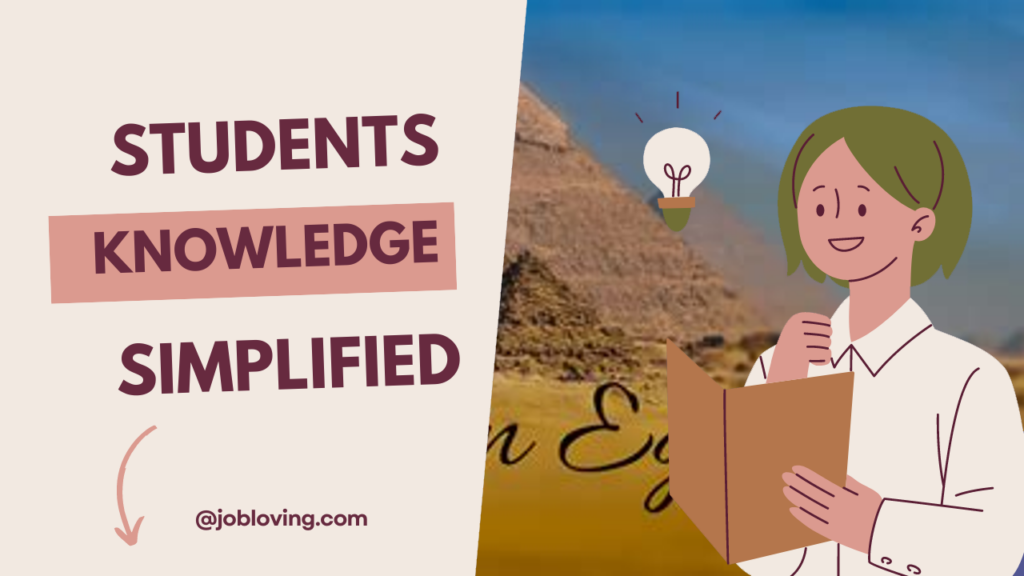Is It Cheap to Study in Egypt? A Comprehensive Guide to Cost-Effective Education
Studying abroad is an adventure as captivating as it is daunting. Among the myriad of destinations, Egypt stands out as a mesmerizing fusion of history and academia. But the burning question for many aspiring students is: Is it cheap to study in Egypt? Let’s unravel the truth behind the expenses, dive into the cost of living, and explore the educational opportunities this ancient land offers.
Understanding Costs: Tuition Fees
When contemplating higher education, the first financial consideration is often tuition fees. In Egypt, the costs can vary widely depending on the institution and program. For instance, at the prestigious American University in Cairo (AUC), students can expect to pay approximately 626 EUR per credit hour for undergraduate courses. While some might regard this price as steep for Egyptian standards, it’s essential to remember that AUC is among the highest-rated institutions in the region, offering a global-level education. In contrast, tuition fees at other universities can be significantly lower, particularly in public institutions.
Living Expenses: A Budget-Friendly Haven
One of the most attractive aspects of studying in Egypt is the relatively low cost of living. If you’re transitioning from a place like India, you’ll be pleased to discover that living in Egypt is about 24% cheaper than in India. Here’s a breakdown of typical monthly expenses for students:
- Accommodation: Ranges from 100 to 330 EUR per month, depending on the city and proximity to the university.
- Monthly Living Costs: Typically between 220 to 350 EUR, which includes groceries and miscellaneous expenses.
- Public Transport: A monthly pass is around 11 EUR, making it easy to navigate cities.
- Dining Out: A delightful three-course meal for two costs about 17 EUR, allowing for a flavorful experience of local cuisine.
Eating local food can be incredibly economical. In fact, Dine at local eateries and you may spend as little as 20 EGP per meal. This underlines the affordability of daily life for students on a budget.
What About Additional Expenses?
Of course, the aforementioned costs don’t capture every expense. As students, there are other areas to consider:
- Groceries: The average cost is notably low in Egypt. For example, essentials like milk can be found for about 0.80 EUR.
- Textbooks and Supplies: Academic resources can be less expensive than in Western countries, though they vary based on the specialization.
- Extracurricular Activities: Many universities encourage participation in clubs and activities, which may come with fees or event costs.
Overall, many students can adapt their lifestyles to spend between £170 to £500 monthly, depending on personal preferences and habits.
Cultural Experiences and Opportunities
Studying in Egypt isn’t solely about academics; it’s a rich tapestry of history, culture, and vibrant experiences. Home to iconic landmarks such as the Great Pyramids and the Sphinx, students can combine education with exploration. This rare chance to immerse oneself in a culture peppered with ancient heritage while pursuing an academic degree is undoubtedly appealing.
Language and Program Variety
Another significant aspect is the availability of courses taught in English. Numerous universities in Egypt cater to international students, making education accessible without the hassle of language barriers. For students wishing to dive deeper into Arabic culture, private Arabic classes are often available, typically costing between 3000 to 4500 EGP for weekly classes.
In terms of educational offerings, Egypt presents a broad spectrum of programs, including options for Master’s degrees with British accreditations. Whether your interests lie in the sciences, arts, or professional disciplines, a plethora of opportunities exists.
Challenges: Cultural and Educational Barriers
Despite the low cost of living and the quality of education, studying in Egypt is not without challenges. Cultural differences can pose difficulties for non-Muslim students, sometimes leading to feelings of isolation or misunderstanding. Moreover, while large universities like AUC are known for their welcoming ambiance, students at certain institutions, such as Ain Shams University, may encounter significant language barriers that impact their learning experience.
Additionally, incidents of bullying or scams targeting non-Arabic speakers can complicate student life. Such challenges underscore the importance of conducting thorough research into potential universities and connecting with other international students for support.
Student Life: Support and Wellbeing
Most universities in Egypt prioritize student welfare, providing numerous support services to international students. These can include orientation programs, counseling services, and various student organizations. With robust extracurricular activities, students are encouraged to join clubs, fostering a sense of community and engagement outside the classroom.
Budgeting: Prepare for the Unexpected
Lastly, a crucial aspect for every student is budgeting wisely. Many students initially spend nearly double their budget during their first month, largely due to unfamiliarity with local prices and a tendency to indulge in early excitement. Setting aside a dedicated budget and tracking expenses can significantly reduce stress during the adjustment period.
Here’s what to keep in mind when budgeting:
- Initial understanding of local costs is critical to avoid overspending.
- Explore local markets for authentic yet affordable food; restaurants can be more expensive.
- Consider how lifestyle choices, such as dining or activity preferences, will affect overall finances.
Conclusion: An Intriguing Academic Adventure Awaits
In summary, studying in Egypt can indeed be a cheap and enriching experience for many students. With its low cost of living, affordable tuition, and diverse cultural landscape, students have the opportunity to attain high-quality education without breaking the bank. However, it’s essential to recognize and prepare for the potential challenges that come with adapting to a new environment.
Whether you’re considering the rich history, the chance to embrace a different culture, or the desire to obtain a competitive degree, Egypt presents a compelling mix of benefits and obstacles. Armed with the right information and the willingness to adapt, students can make the most of their Egyptian educational journey. So are you ready to make unforgettable memories while achieving your academic dreams in the heart of one of the oldest civilizations on Earth?

